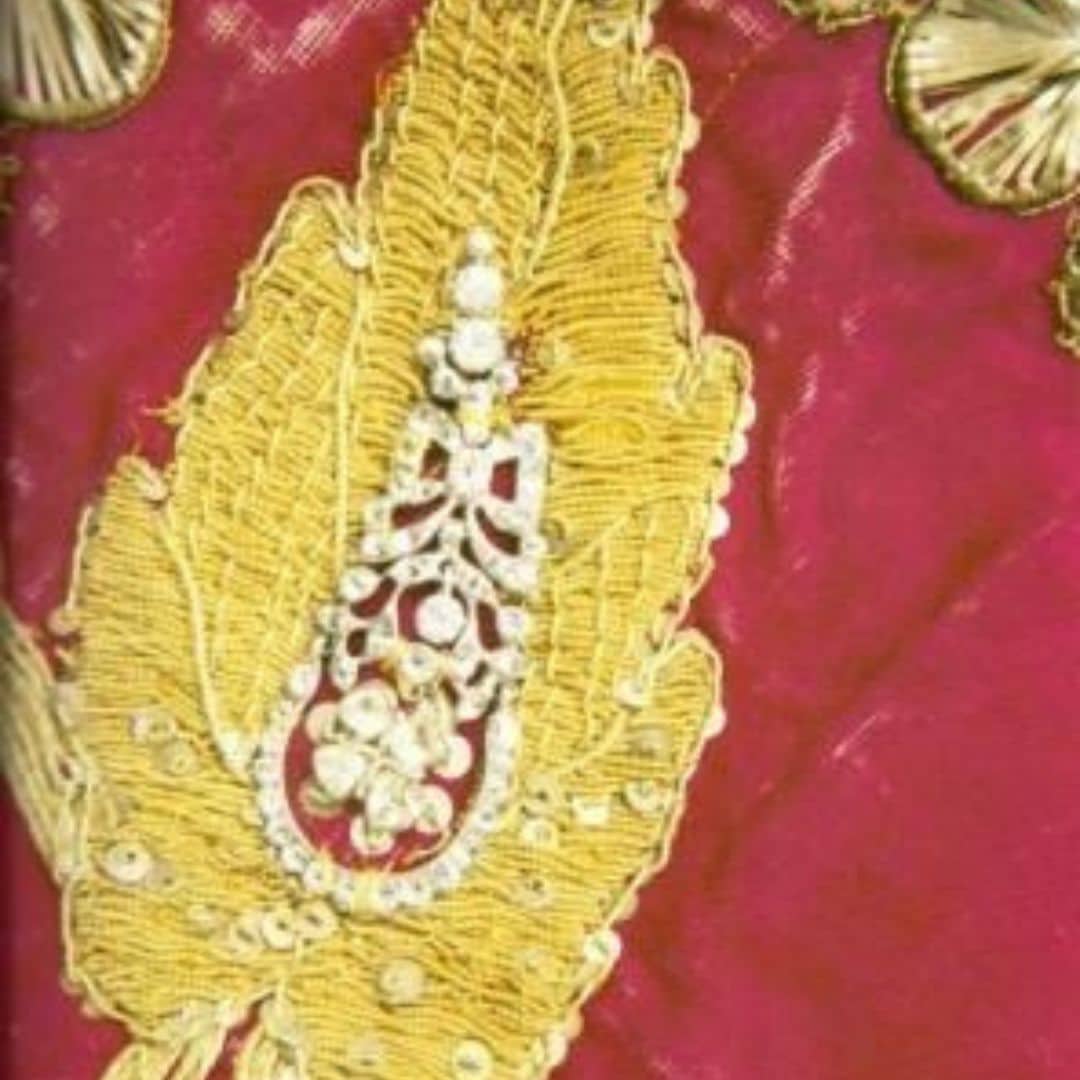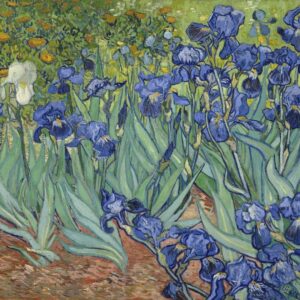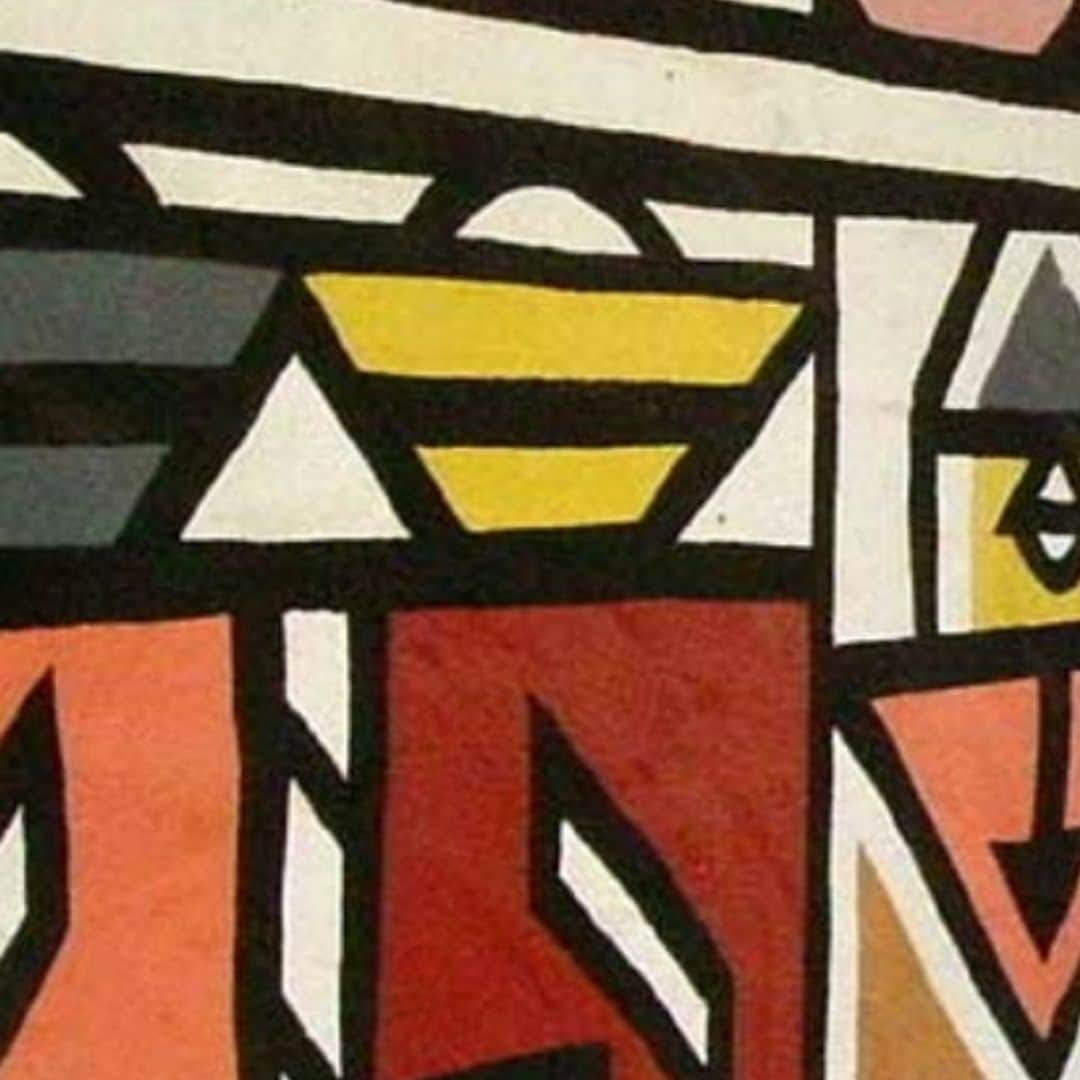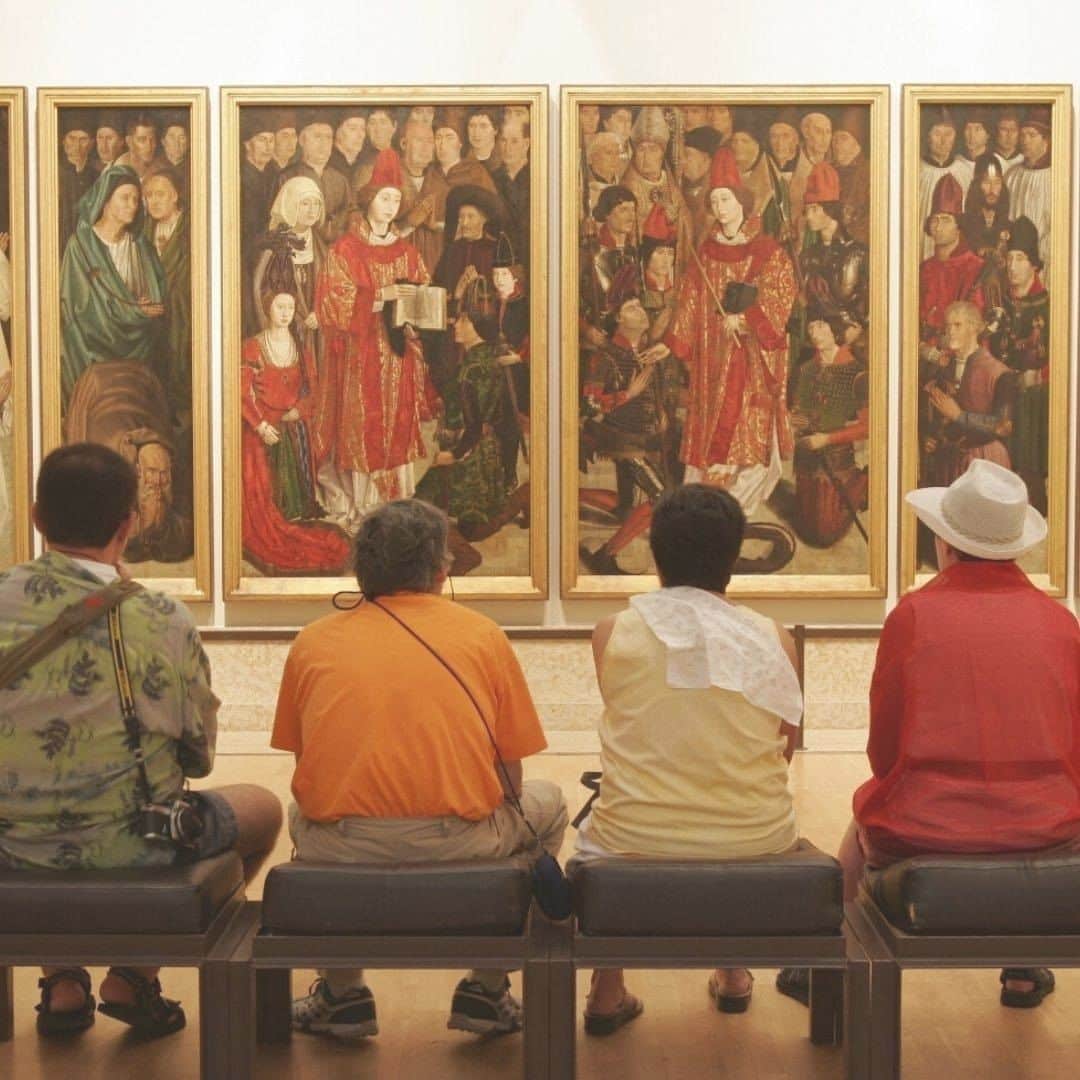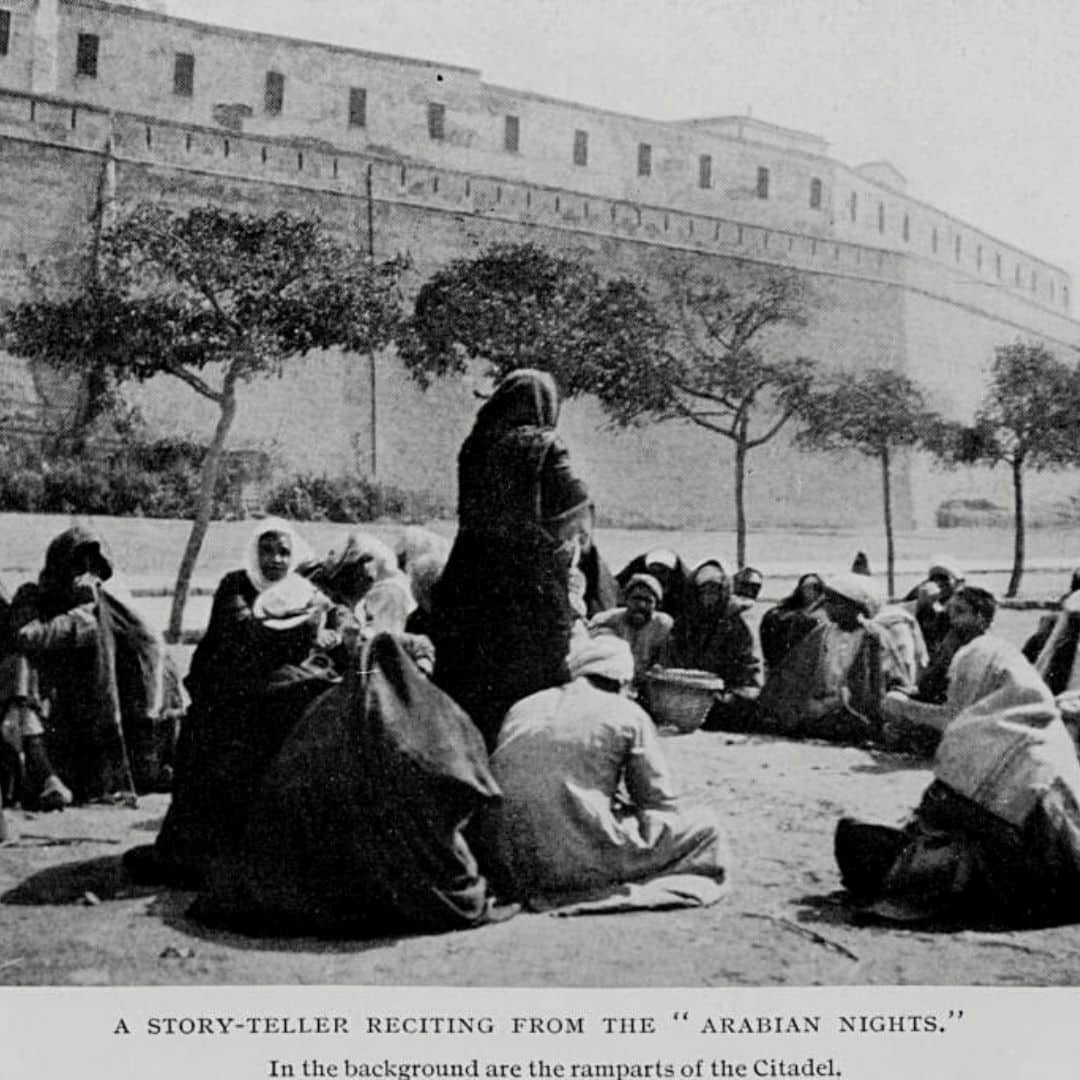In this article we will look at what is culture and what is the meaning of the word culture and how the term has been used in different historical contexts.
what is culture – what is the meaning of the word culture
What is culture ?
It is a concept with historical origins and is adapted to different contexts, such as agricultural, physical, and intellectual.
It is widely used in the context of the social sciences, especially in anthropology, to define the characteristics and customs of certain groups.
To think about what is culture , we must first think about its origin.
what is culture | the origins
The term “culture” has its Latin origin in cultura, appearing in the 13th century to designate a parcel of cultivated land.
In the 16th century it represents the action of cultivating and from the middle of the century it acquires an abstract meaning to designate the improvement of a skill, capacity or intellectual aspect.
It was only in the 18th century that it became commonly used with this meaning.
It was used to define niches of knowledge such as the “culture of the Arts” or the “culture of Sciences”, for example.
what is culture | the age of enlightenment
It is with the Age of Enlightenment that the meaning of the word culture begins to be defined.
What is culture at this time?
The term is determined as a distinctive trait of the human species, invoking the notion of individual progress.
This leads to its association with the term “civilization,” closely associated with collective progress.
By associating they project civilization as a process of improving institutions, legislation, and education.
What is culture in the definition of the concept of history.
Thanks to this interconnection, man becomes the subject of history.
This in turns the record of human phenomena over the long term as part of a process of evolution and collective development that results in the formation of civilizations.
Replacing “God” in this role.
Thus, the idea of the possibility of a “science of man” arises.
The expression is first used by Diderot in 1755, in the article “Encyclopédie”.
From the Encyclopédie, and in 1787, Alexandre de Chavannes, creates the term “ethnology”.
There he defines it as the discipline that studies the “history of the progress of peoples on their way to civilization”.
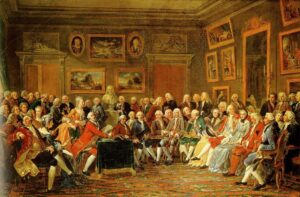
Reading of Voltaire’s tragedy of the Orphan of China in the salon of Marie Thérèse Rodet Geoffrin in 1755, by Lemonnier,
what is culture | XIX and XX centuries
In the 19th century, there follows a Franco-German debate about the antithesis between the meaning and representation of culture and civilization.
The debate has its origins in the two dominant social classes in both nations: the bourgeoisie, which was becoming increasingly elevated, and the aristocracy, which did not recognize the merit of the former.
What is culture in this debate of values
Here, the term adopts different contours and uses being dependent on value systems, which easily leads us to the idea that each people is different.
As far as 20th century Germany is concerned, the notion that there are superior and inferior peoples, placing the term “culture” very close to nationalist ideals.
The Germans were particularistic in their definition.
As for France, the term “culture” differs from the German concept, being marked by the idea of the unity of the human race, by a universalistic definition.
what is culture in the social sciences?
The study of culture within the social sciences has nuances.
All cultures are unequal and do not exist independently of social relations, which are always unequal relations.
What is culture dominant and culture dominated
This perspective results in a hierarchization of societies and their customs by researchers, who organize them into dominant and dominated cultures.
This does not mean that the dominated ones do not have their own dynamics and cannot be analyzed separately.
what is culture – popular culture
Regarding dominated groups, the question of “popular culture” can be evoked.
A heterogeneous cultural category and generally associated with a mentality and intellect with less opportunity for improvement.
It is a debatable reality because it minimizes the creative capacity that dominated groups have to distance themselves and assert themselves autonomously from dominant groups, an essential act to foster cohesion and equilibrium.
what is culture – mass culture
If we talk about dominant groups, we are talking about “mass cultures“, which have had a wide projection since the 60s of the 20th century.
This has to do with its relation to consumption, mass industrial productions, and the diffusion of ideas and information through the mass media.
However, even if it reaches global proportions, it does not necessarily lead to a universal culture.
what is culture – intangible cultural heritage
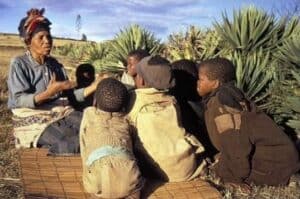
Humanity will always produce cultural differentiating elements between groups.
Definition - "Popular culture is the set of practices, beliefs, and objects that embody the most broadly shared meanings of a social system. It includes media objects, entertainment and leisure, fashion and trends, and linguistic conventions, among other things."
This definition of what is culture has led to reflection on the need to preserve intangible cultural heritage.
Sets of practices and values that were not normally considered or preserved in the traditional history concept.
what is culture – class culture
The concept of “class culture” also contributes to this discussion.
Claude and Christiane Grignon have shown that to each social class corresponds a certain system of values, customs, and beliefs.
And these systems shape behavior, even in common issues such as food and food preparation.
The importance of this concept lies in its greater precision than that related to the concept of dominant culture.
And the greater ability to adapt to different environments than the concept of mass culture, in which the human being’s creative capacity is not taken into consideration.
References
Cuche D. (2004) – A Noção de Cultura nas Ciências Sociais. 2ª edição. Lisboa: Fim de Século. pp. 29-38 e 113-124
Article published in Jornal da comunidade cientifica de língua portuguesa – A Pátria.
Cover image: Gloconda, René Magritte,1953, Wikiart



